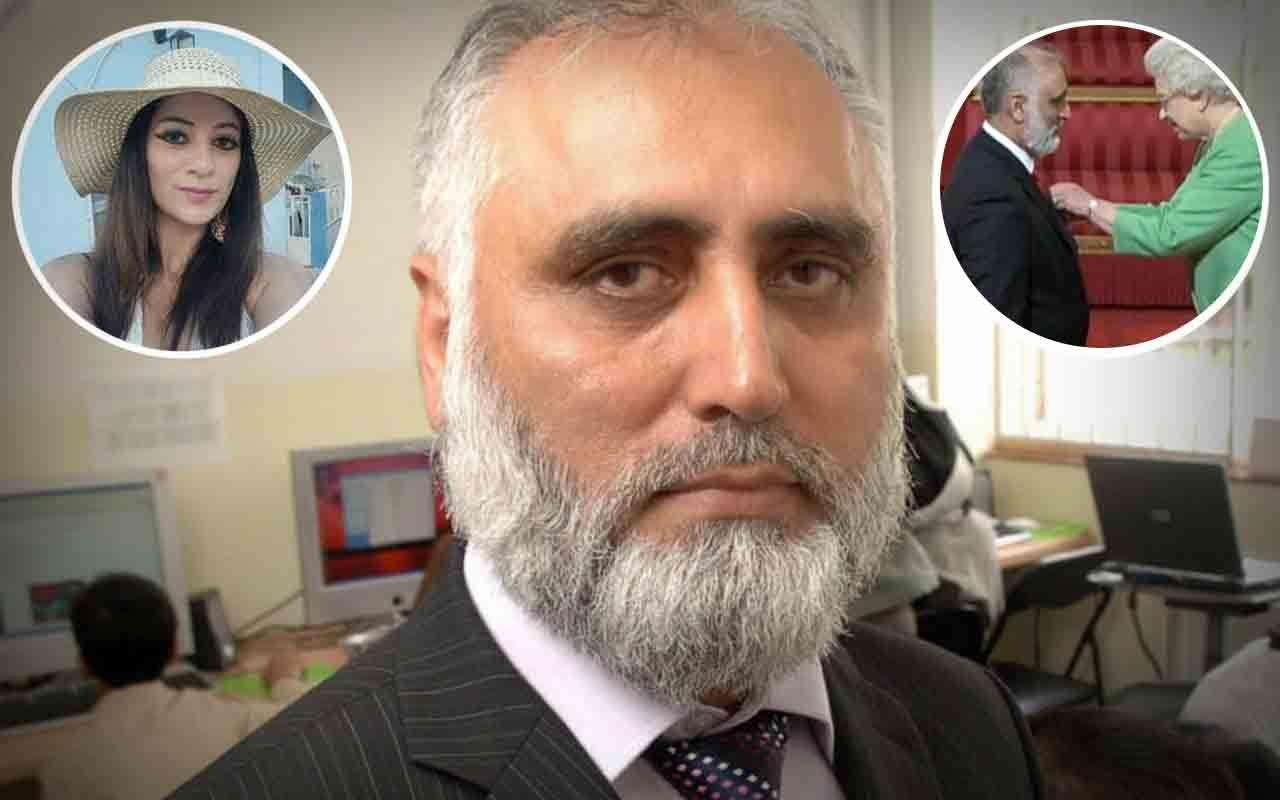Almost half of young people say their mental health affects how often they attend school or college, according to a new report from the charity Mind.
The study highlights ongoing challenges for the post-lockdown generation, revealing that 48% of 18-year-olds — the so-called “COVID cohort” — and 45% of 22-year-olds are struggling with their mental wellbeing.
Abdirizak Mohamed, 23, shared his experience with Sky News, saying, “I just remember feeling constantly low. Every morning I woke up not wanting to see anyone. I’m usually someone who smiles a lot, but I couldn’t bring myself to show that.”
He added, “When you keep everything inside, it damages you. That’s what I used to do — I put too much pressure on myself.”
Rising demand for support
Waiting times for GP appointments and mental health services for both children and adults can stretch up to two years, leaving many young people without timely help.
In July, the government announced plans to open eight “Young Futures Hubs” this year — part of a larger target of 50 by 2029 — to support teenagers at risk of mental health issues. However, Mind’s report notes that the locations for these hubs have yet to be confirmed.
Maria Slevin, from the charity No Limits, which offers early intervention and crisis support, said the number of young people seeking help has increased significantly since the pandemic.
“We’re seeing young people who can’t cope at school, who struggle to socialise, and who are dealing with anxiety or self-harm,” she said. “We’re also seeing more cases of suicidal thoughts — all of these have risen.”
The need for immediate access to care
No Limits offers a walk-in service, meaning young people can get help without a GP referral or appointment.
“Normally, they’d have to go through a GP and end up on a long waiting list, which only worsens their mental health,” said Slevin. “That’s why immediate access to support is absolutely vital.”
Abdirizak discovered No Limits through his college. “They really listen to you and give you a voice — that makes a huge difference,” he said. “It only takes one step. Don’t keep things bottled up, because it will destroy you.”
Minesh Patel, associate director of policy and influencing at Mind, told Sky News that services like No Limits are essential for providing timely, stigma-free help.
“Removing the need for a referral is key,” he explained. “It helps break down the stigma around mental health by allowing people to get help without going through a GP.”
He added, “Right now, around half a million people are on waiting lists — and nearly a third of them have been waiting for two years. That delay can seriously worsen both their mental and physical health. Early support hubs are a vital lifeline for getting help to people before things get worse.”








.svg)

_2.jpg)